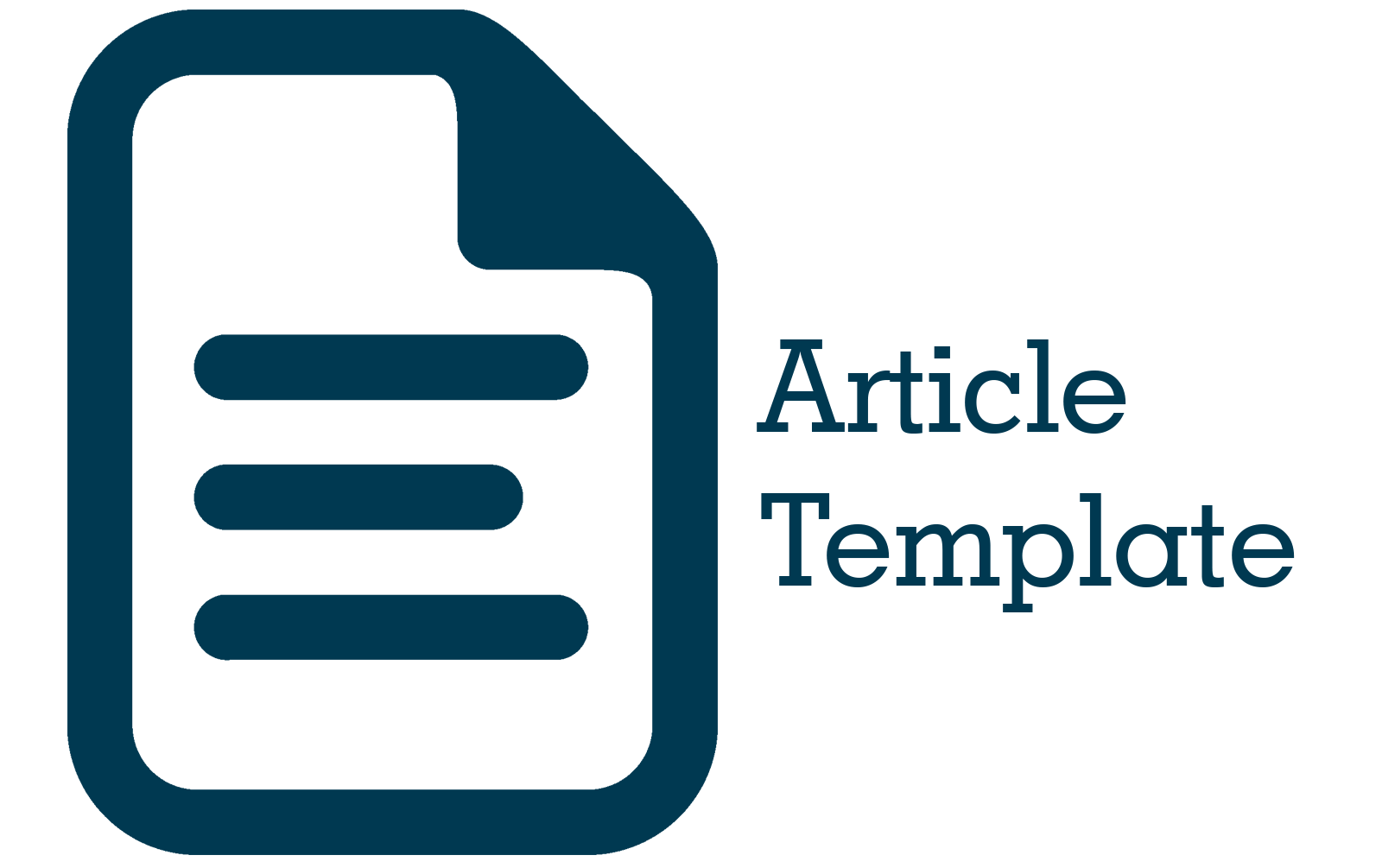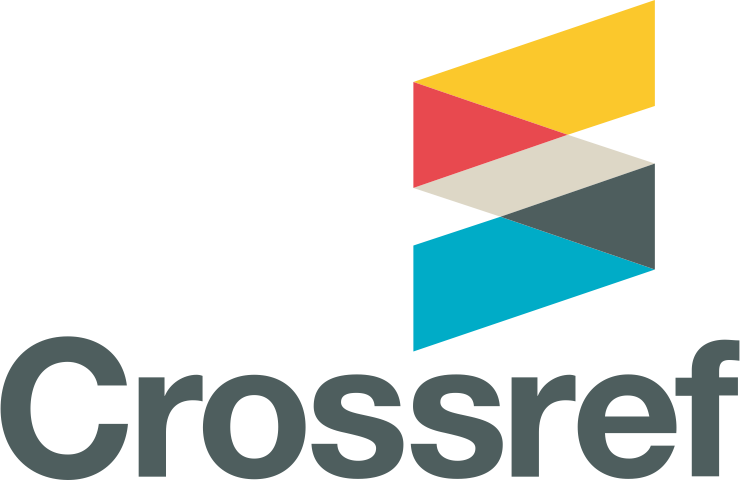Broad Learning System for Investigating Corrosion Inhibition Efficiency of Heterocyclic Compounds
DOI:
https://doi.org/10.62411/jais.v4i2.12487Abstract
This study explores the use of Broad Learning Systems (BLS) to predict the corrosion inhibition efficiency (CIE) of heterocyclic compounds, addressing limitations of deep neural networks (DNNs) such as vanishing gradients and computational inefficiency. BLS prioritizes network width over depth, enabling faster learning and improved generalization. Trained on quantum chemical properties (QCPs) of 192 heterocyclic compounds, BLS outperformed multilayer perceptron neural networks (MLPNN) and random forest (RF) models, achieving lower mean absolute error (MAE: 1.41), root mean square error (RMSE: 1.79), and higher R² (0.993). Predicted CIE values for quinoxaline derivatives (95.39% and 94.05%) aligned closely with experimental data. This study demonstrates the potential of BLS as an efficient, accurate, and scalable approach for predicting corrosion inhibition capabilities, contributing to advancements in corrosion science and environmentally friendly solutions. Keywords - machine learning, broad learning system, neural network, corrosion.Downloads
Published
2019-02-18
Issue
Section
Articles
License
Copyright (c) 2019 Muhamad Akrom, Wahyu Aji Eko Prabowo

This work is licensed under a Creative Commons Attribution-NonCommercial 4.0 International License.
- Authors retain copyright and grant the journal right of first publication with the work simultaneously licensed under a Creative Commons Attribution License that allows others to share the work with an acknowledgment of the work's authorship and initial publication in this journal.
- Authors are able to enter into separate, additional contractual arrangements for the non-exclusive distribution of the journal's published version of the work (e.g., post it to an institutional repository or publish it in a book), with an acknowledgment of its initial publication in this journal.
- Authors are permitted and encouraged to post their work online (e.g., in institutional repositories or on their website) prior to and during the submission process, as it can lead to productive exchanges, as well as earlier and greater citation of published work (See The Effect of Open Access).









